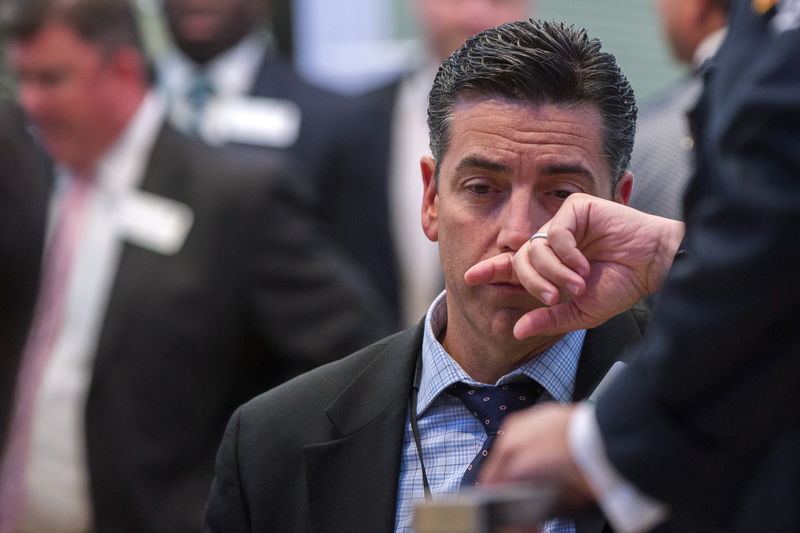Mnuchin Refuses Position in Trump's New Administration
Former U.S. Treasury Secretary Steven Mnuchin confirmed on Friday that he will not be returning to the administration despite the upcoming presidential candidate's term. However, Mnuchin stated his willingness to advise his potential successor on various financial and political matters.
Mnuchin emphasized the need for the Treasury to focus on strengthening U.S. trade policy and ensuring that China complies with its commitments under the Phase One trade agreement signed in January 2020. He noted that China has failed to fulfill its purchasing commitments, a key aspect of the agreement aimed at balancing trade between the two countries.
Serving as Treasury Secretary during Trump's first term, Mnuchin described this role as "the experience of a lifetime" and expressed his openness to provide guidance from the sidelines. He mentioned that there are many qualified candidates for the Treasury position but refrained from endorsing any particular individual.
Recent reports indicate that prominent figures in the hedge fund sector, Scott Bessent and John Paulson, are being considered for the role of Treasury Secretary. It has been reported that Bessent, the founder of Key Square Group, has discussed the position with Trump.
Since then, Mnuchin has established Liberty Strategic Capital, a private equity firm that has received investment from institutions like Softbank Group and Abu Dhabi's Mubadala sovereign wealth fund. He highlighted the importance of having a cohesive economic team. During trade negotiations with China, he recalled the effective collaboration among the Treasury, the Department of Commerce, the U.S. Trade Representative’s office, and the White House National Economic Council.
Mnuchin, who has extensive experience in financial markets and governance, underscored the importance of these skills for a Treasury Secretary. He noted that he dedicated significant time to international sanctions during his tenure and called for stronger enforcement of financial sanctions. He emphasized the need for more decisive actions to disrupt Iran and Russia's oil revenues, criticizing the existing sanctions on Russia for their ineffectiveness.
He also addressed the management of U.S. deficits, acknowledging that rising deficits need to be controlled and suggesting that a balance could be struck between extending tax cuts and finding spending savings.
While the Trump administration defended COVID-19 relief spending as necessary to prevent a global depression, Mnuchin criticized the subsequent administration’s excessive spending, believing it contributed to inflation and significant deficits.
For the fiscal year ending on September 30, the U.S. deficit reached $1.8 trillion, marking the highest deficit outside the pandemic period, and public debt interest costs exceeded $1 trillion for the first time. Mnuchin deemed pandemic spending necessary but stated that the ongoing spending by the current administration needs to be addressed to reduce inflation and deficits.


